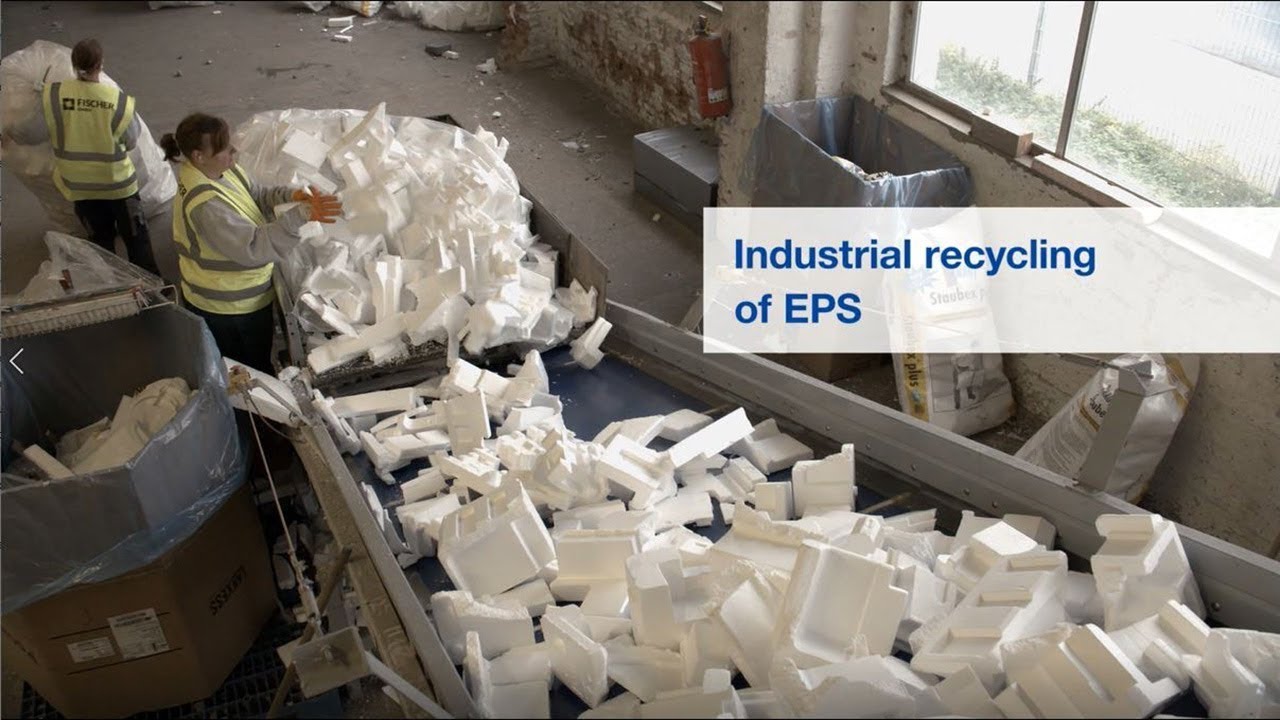As the entire world is focusing on recycling practices, one material often shrouded in mystery is Expanded Polystyrene (EPS), and the same is commonly recognized as foam packaging or Styrofoam. It is both ubiquitous and controversial and it has the properties of lightweight and insulating that makes the same a popular choice for packaging, but its environmental impact has raised concerns. Today we will be checking out the recycling mystery surrounding Expanded Polystyrene. So without making any further delay let’s get into the article to check out the details.
Let’s learn about Expanded Polystyrene:
EPS is a lightweight, rigid plastic foam that finds its way into our lives as protective packaging for fragile items, and if we don’t dispose of it properly then it will create a lot of problems to the environment and human life. So we need to find the proper disposal solutions for the same.
The Challenge of Recycling EPS:
The biggest challenge of the EPS is related to its recycling process and the traditional recycling facilities often struggle to handle EPS due to its low density and the large volume it occupies. Its lightweight nature makes it uneconomical to transport, and its complex structure hinders effective compaction. Consequently, many municipalities face the dilemma of whether to accept EPS in their recycling programs, leading to confusion among consumers.
Innovative Solutions:
We need to adopt innovative solutions to tackle the EPS recycling conundrum and adopt advanced technologies that involve compacting and melting EPS, turning it into denser material that can be easily transported and reused in various applications. Additionally, there is a growing trend of businesses collaborating with specialized recycling companies to responsibly manage their EPS waste.
Community Initiatives:
If we work together then we can find big Research and the same method can be applied here, as if a community works together then with recycling challenge can be tackled easily.
The Environmental Impact:
Understanding the environmental implications of EPS is crucial for informed decision-making. While recycling initiatives are making strides, the persistent use of EPS contributes to pollution and litter. Wildlife can be adversely affected when EPS waste finds its way into natural habitats. By exploring alternative packaging materials and supporting recycling efforts, individuals and businesses can play a pivotal role in minimizing the environmental impact of EPS.
- About the Author
- Latest Posts
A passionate advocate for all natural and sustainable ideas. With a background in sustainable economics science and a deep love for nature, Sojy has dedicated his career to promoting eco-friendly practices and encouraging others to live a more sustainable lifestyle. He is an avid hiker, gardener, and cook, and loves experimenting with natural ingredients in his recipes and lifestyle routines. Sojy believes that small changes can make a big impact and is constantly seeking out new ways to reduce his carbon footprint and inspire others to do the same




